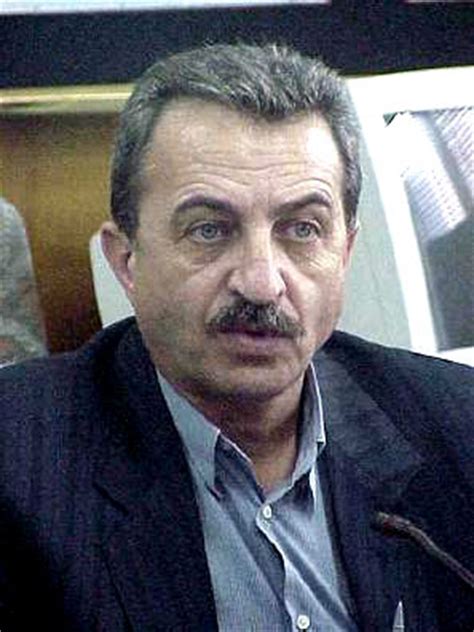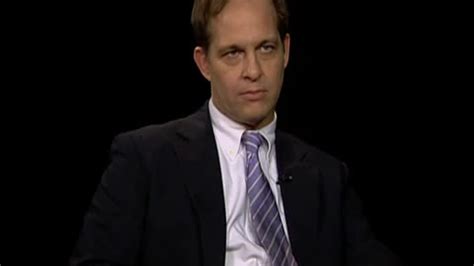A Quote by Hillary Clinton
Iran has basically propped up Assad, who has waged an absolute war of horror against the Syrian people. And he has done anything he could to stay in power with the full support of the Iranians and including Iranian troops and Hezbollah from Lebanon, which are an Iranian proxy.
Related Quotes
The idea that Hezbollah is acting as an agent of Iran is very dubious. It's not accepted by specialists on Iran or specialists on Hezbollah. But it's the party line. Or sometimes you can put in Syria, i.e. "Syrian-supported Hezbollah," but since Syria is of less interest now you have to emphasize Iranian support.
I have traveled many times outside Iran, and have discussed the issue [of the Iranian nuclear project]. I have been asked for my opinion and that of the Iranian Jewish community, and I have always emphasized that the Iranian people has the right to obtain nuclear technology and energy for peaceful purposes. The Iranian people must not give up this right under any circumstances - and indeed, it will not.
In the United States, Iran is nothing but a whipping-boy. Few Americans have any real use for Iran. Most of us, what we know and remember about Iran are things like the hostage crisis in 1980, or they think about the Iranian attacks in Lebanon, or on the Khobar Towers. So you don't get a whole lot of political mileage in the United States by going out and advocating better relations with the Iranians.
From the 1920s into the 1940s, Britain's standard of living was supported by oil from Iran. British cars, trucks, and buses ran on cheap Iranian oil. Factories throughout Britain were fueled by oil from Iran. The Royal Navy, which projected British power all over the world, powered its ships with Iranian oil.
Iran is a bad and dangerous actor in a volatile region of the world, which is why Congress enacted sanctions in response to the ballistic missile program and support for terrorist proxy groups. We must hold senior Iranian leadership accountable for destabilizing actions in the region and around the world.
The Europeans are starting to show that they're finally serious about the Iranian nuclear program, and they appear to be willing to use sticks against Iran. So I think it is imperative that the United States sit down with the Europeans and say, "Let's make this very clear to the Iranians. Either they can give up their nuclear program and their support for terrorism, in which case we'll given them all kinds of benefits. Otherwise, we'll join in comprehensive, multilateral sanctions that will cripple their very fragile economy."
It is one of the great ironies of the American war in Iraq - was that the guys who really got the most out of it were the Iranians. And they have us to thank for that. Yeah, I mean we basically put Maliki in power in 2006, but he has been - he's really not a friend of the United States. He's a friend of the Iranian regime.
Hence, when some members of the Iranian diaspora, especially women at the moment, use different tropes including the trope of the veil and the issue of gender to construct an image of oppression or to describe the 'silenced' Iranian woman, western intellectuals, policymakers, and publishing houses are all quick to introduce them as presenters of the authentic Iranian experience.
Our support for the Shah, the CIA coup in 1953 - has become infused into the Iranian political discourse. The regime that came to power in 1979 during the Iranian revolution actually defined itself as anti-American, and that's now a critical ingredient in the Iranian domestic political debate. That really is the source of our problems - the regime in Tehran continues to see itself as opposing the US. In their eyes, everything the US does is directed at them in a very malevolent way, and therefore they have to fight back against it.






























